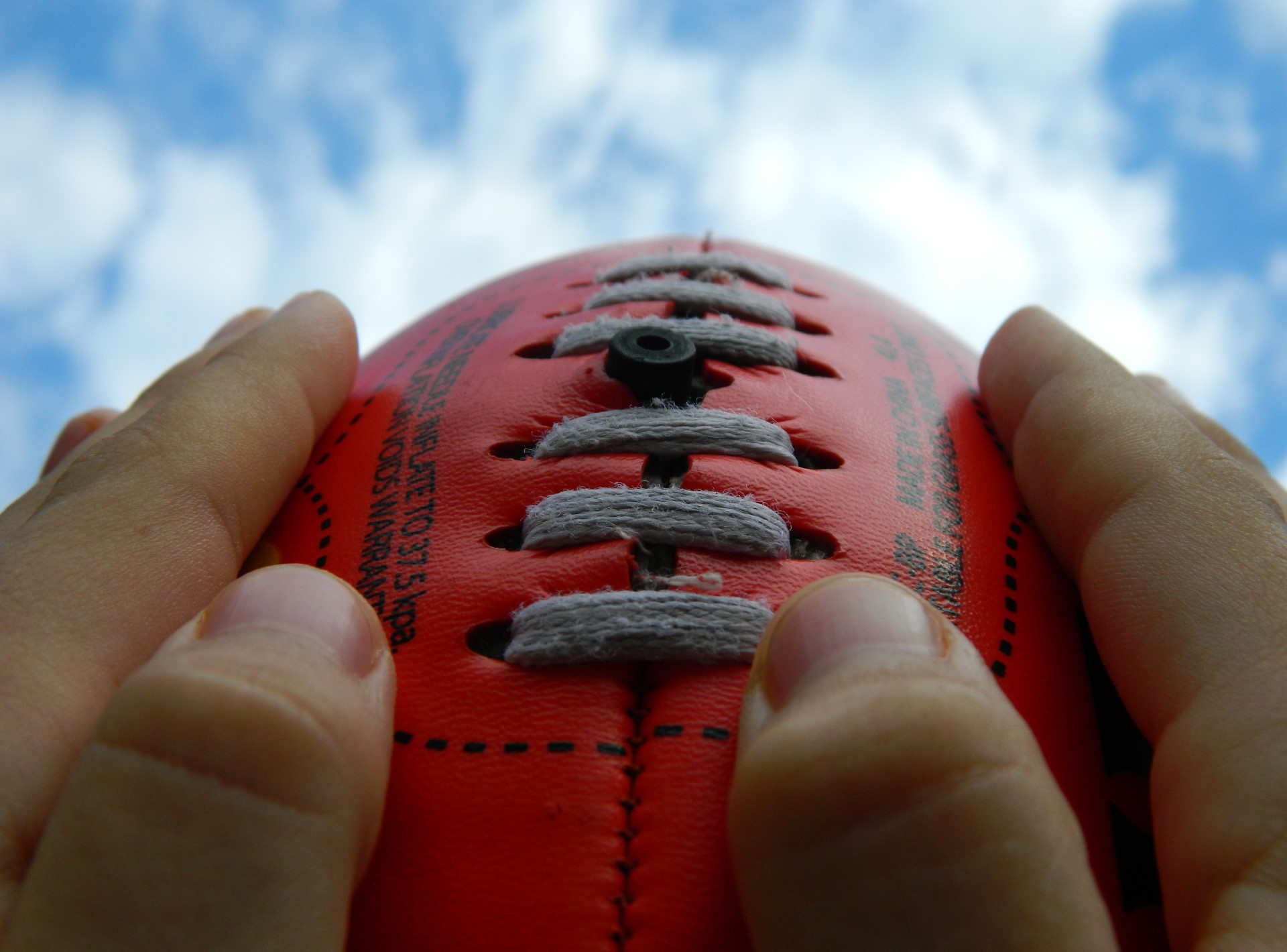 Following in the footsteps of more than 60 former AFL players, the man known as ‘God’ is now suing the code over the effect of repeated concussions.
Following in the footsteps of more than 60 former AFL players, the man known as ‘God’ is now suing the code over the effect of repeated concussions.
Gary Ablett Snr has also launched legal action against his former clubs, Hawthorn and Geelong, alleging that the AFL, the Hawks, and the Cats, “knew or ought to have known of the potential long-term consequences of concussion.”
The move, on 18 April 2023, comes after an MEG scan in November 2022 revealed the impact related damage that the football great had accrued throughout his 14-year career.
Ablett Snr told The Herald Sun in March 2023 that he suffered from migraines, insomnia, blurred vision, significant memory loss, anxiety, fatigue, and severe depression, needed to visit a psychiatrist every month, and was on medication to address his headaches and mood.
“Obviously I was a very physical player and while I only got totally knocked out eight-10 times, I experienced being semi-concussed, such as ears ringing and out of it for a few minutes many dozens of times,” Ablett Snr said.
“But because you weren’t knocked completely out you wouldn’t even bother mentioning it.”
His lawyer, Ms Michel Margalit, told ABC News Breakfast on 18 April 2023, that Ablett Snr was “not doing well” and was unable to work and struggling to pay his medical expenses.
“He’s had significant illness over the previous years and he’s finding that he’s struggling more and more as time goes on,” Ms Margalit said.
“He has really significant medical and care needs, and there are just no funds available through the AFL Players Association or any other hardship fund to assist him with those care needs.”
Her legal firm, Margalit Injury Lawyers, is also representing the group of AFL players led by fellow former Geelong premiership player Max Rooke, over “permanent, life-altering injuries as a result of concussion related injuries and due to the negligence of the AFL.”
While the class action, launched 14 March 2023, is seeking as much as $1billion in damages, Ms Margalit did not specify how much Ablett Snr was seeking, but acknowledged that it was “a very substantial case and could be really at the upper range of the allowance permitted by the compensation schemes in Victoria.”
The issue of concussion in full contact codes such as the AFL has been the focus of intense scrutiny since several famous players former players, including Polly Farmer, were diagnosed posthumously with Chronic Traumatic Encephalopathy (CTE), and began introducing concussion management guidelines in 2006.
In 2021 the code introduced an 11-step return to play program and appointed a Concussion Steering Group and Working Groups to guide and inform the AFL’s strategic approach to the issue, but in 2022 was investigated (along with several Victorian clubs) by Worksafe Victoria regarding complaints by players about concussion management.
The AFL was further rocked in March 2022 by allegations of plagiarism levelled against its former concussion advisor, Associate Professor Paul McCrory, and an independent review was commissioned, generating a 260-page report which included numerous recommendations to improve the AFLs performance.
The AFL released its updated guidelines and strategic plan (2022-2026) for sport-related concussion on 14 March 2023, with revised community guidelines for all other levels of Australian football to be released later in 2023.
AFL Executive General Manager Football and General Counsel, Mr Andrew Dillon, said that the AFL had accepted the criticism contained in the review and taken steps to address its recommendations, including that the AFL improves clinical care aspects for past players.
“The AFL has apologised to past players who were let down by the manner in which some of the research and clinical programs were at times conducted in the past,” Mr Dillon said.
“The AFL has made more than 30 changes to concussion protocols, tribunal guidelines and on-field rules over the past two decades to further protect the head and improve the response to head knocks in our game in accordance with current and evolving science and we will continue to work to strengthen protocols and increase the education to clubs and players.”
The Guidelines for the Management of Sport-Related Concussion – AFL & AFLW, stipulates that a player with concussion can only return to play after 12 days, following the mandatory completion of the 11-step return-to-play program, which has a minimum of 24 hours assigned to each step.
The new rules also point out that even though computerised screening tests (such as Cognigram and ImPACT) have been validated for use following sport-related concussion, neuropsychological testing is only one component of assessment “and does not replace the need for a full history and clinical/neurological examination.”
AFL Chief Medical Officer, Dr Michael Makdissi, explained that players must have a medical assessment prior to being cleared to return to full contact training with the group and then a further medical assessment before being cleared to return to play.
“Concussion and repeated head trauma continue to be an extremely important issue across our industry,” Dr Makdissi said.
“The updated guidelines and strategy reinforce our commitment to continuing to improve healthcare education, recognition and management of head injuries, and prevention of concussion and head trauma at all levels of competition.”
The AFL has also announced that it will be working closely with Gordon Legal on the introduction of an expanded financial assistance scheme for former AFL and AFLW players in need after suffering an acute injury with long-term consequences.

